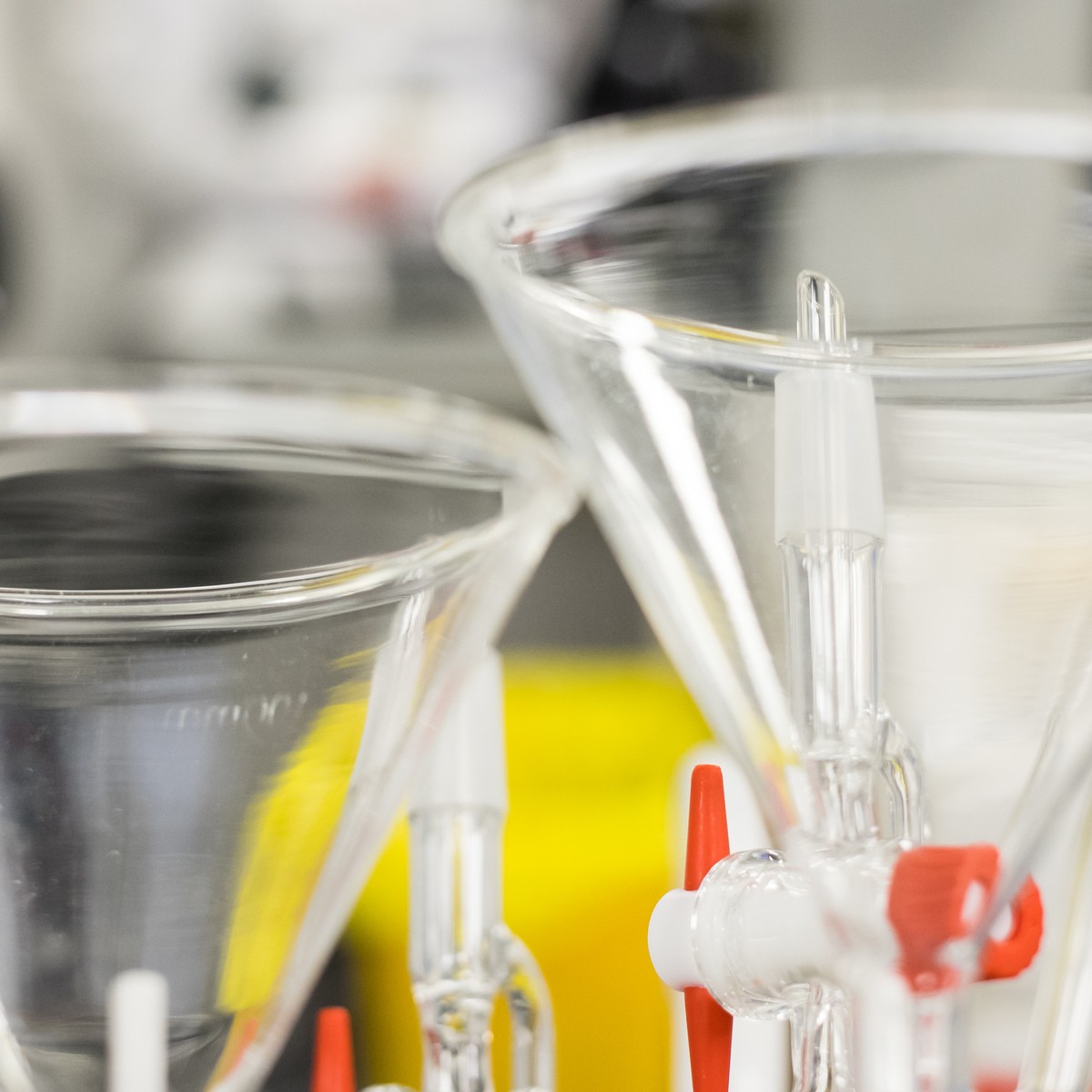Investment for rare disease research by great ormond street hospital children鈥檚 charity
Great Ormond Street Hospital Children’s Charity (GOSH Charity) has announced a £2.5 million investment into 11 pioneering child health research projects - including one at The University of 野狼社区. The funding is the UK’s largest charitable grant-making scheme of its kind dedicated to paediatric rare disease research.
The GOSH Charity and Sparks National Call is part of an ambition to help unlock breakthroughs in child medicine by supporting researchers’ investigations into the causes of rare diseases in children, and conditions that start in childhood. The funding will also help supercharge their efforts to discover new and better ways to diagnose, treat, and ultimately cure these life-changing and life-limiting conditions.
Researchers based at six institutions across the country will benefit from the cash boost, including The University of 野狼社区, University of Warwick, and University College London Great Ormond Street Institute of Child Health, University of Southampton, University of Oxford, and University of Cambridge.T
I am delighted to have received funding from GOSH Charity which will enable us to further our research to help children with chromatin disorders like Kabuki syndrome and Kleefstra syndrome. It’s fantastic to know that the charity is making such a large amount available for child health researchers across the UK to bid for each year
The successful projects to be chosen for funding include:
- Developing more effective and kinder treatment for Diamond-Blackfan Anaemia, a rare blood disorder that affects the bone marrow’s ability to produce red blood cells, and can cause problems with a child’s growth, immune system, and heart
- Identifying a new treatment to address the underlying mechanisms which cause Dravet Syndrome, a life-limiting form of epilepsy
- Uncovering the underlying mechanisms in acrodysostosis and developing a technique for testing new potential therapies
- Helping to better understand the pain experienced by children with childhood cancer, which could help manage their pain and enhance their quality of life
GOSH Charity and Sparks invited researchers from across the UK to apply for funding as part of its National Call. Of the £2.5 million pledged to support research into some of the most difficult and hard to treat childhood diseases, Sparks contributed £900,000.
£112,500 has been made available by two condition-specific partner charities (Acrodysostosis Support & Research, and Dravet Syndrome UK) to help co-fund research into these diseases.
Louise Parkes, Chief Executive at GOSH Charity, said: “The impact of research has never been more visible than over the past year, following the development of the COVID-19 vaccine. It shows that essential funding into research can have a life-changing effect on so many people. We’re thrilled that this year’s GOSH Charity and Sparks National Call is investing over £2.5 million into paediatric research projects, with huge thanks to our partner charities, without whom we wouldn’t be able to deliver the National Call. These projects have the potential to deliver kinder and more effective treatments for some of the rarest and most complex conditions and, more importantly, offer children and their families hope for a better future.”
Dr Siddarth Banka from The University of 野狼社区 who has received funding said: “I am delighted to have received funding from GOSH Charity which will enable us to further our research to help children with chromatin disorders like Kabuki syndrome and Kleefstra syndrome. It’s fantastic to know that the charity is making such a large amount available for child health researchers across the UK to bid for each year.”
The National Call reflects GOSH Charity’s commitment to paediatric research funding. To find out more about what research GOSH Charity funds, and how Great Ormond Street Hospital has been behind some of the biggest breakthroughs in child medicine, visit .
To find out more about the National Call, and to apply for next year’s funding please visit
